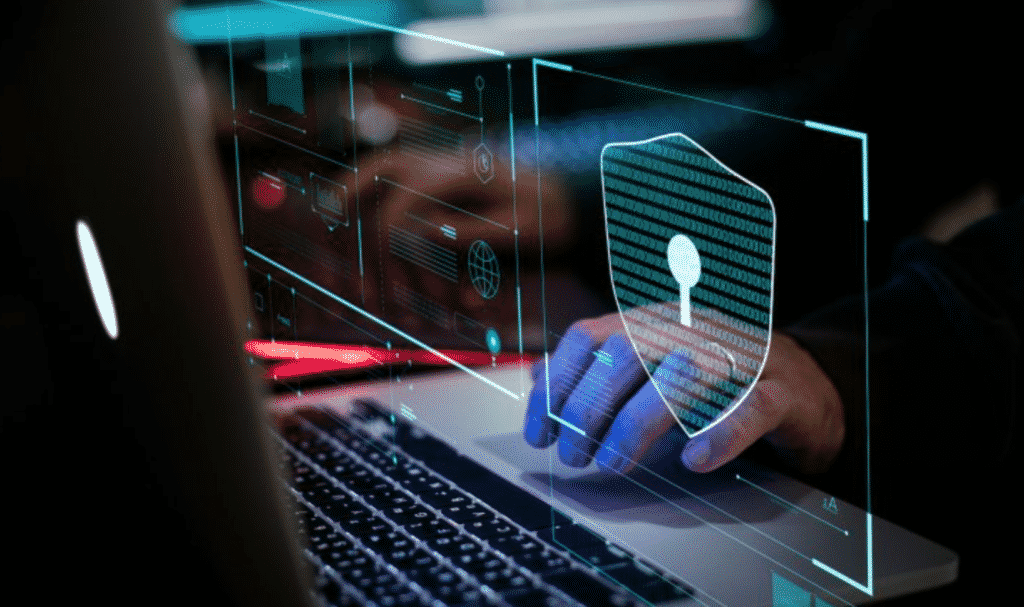Cyberspace is, without a doubt, one of the best resources accessible to us. Unfortunately, it’s also tremendously dangerous if you aren’t aware of what lurks behind the scenes. Everybody should know how to stay secure when surfing the web; internet safety guidelines and tricks are spread out all over.
The mainstream of internet cons and virus victims affect students and young people. It is advisable when you are a student to try a free VPN software for a trial period. This is because young adults are the ones who are most likely to connect their devices to public Wi-Fi hotspots.
These public Wi-Fi hotspots are susceptible to snooping by anyone with the right skills and software. VPN’s shield your Wi-Fi connection and keep intruders from accessing your information.
VPN apps will even inform you when the connection is not secure. Basically, what these apps do is shield your connection and make it seem as if you are browsing from a different location. This review will look at other tips you can use to stay safe while surfing the web.
Tips on How to Stay Safe Online
Double Check Links Before Clicking on Them
When checking your mail or visiting sites, make sure you know the links before you tick on them. One way to tell if a connection is safe is to hover over it. This will display a preview of the full link in your network browser’s status bar.
Check to verify the preview link matches the site it should be from. You can confirm the correct site link by searching the company name. For instance, if you get an email from your bank, check the credentials by hovering above it. If it does not match what is indicated in google, it could be a plot to siphon money from your account.
Enable Two-Step Authentication
Also known as multi-factor verification or login approval, two-step authentication provides an additional layer of security beyond your username and PIN to protect against account takeover. When using this security apparatus, you will log in using your PIN and then be impelled to verify your character again.
This second authentication is usually done via a biometric (face or fingerprint) scan, security keys, or an exclusive one-time code through an app on your mobile device. Many websites offer two-step authentication, and they make it easy to set up this subsequent layer, usually found in the settings segment of your account. Using two-step verification can help you feel more protected, especially for sites containing your financial data.
Create Strong Passwords
Passwords are one of the prime weak spots in the whole web security structure, but there’s at present no way around them. And the issue with passwords is that people tend to choose easy ones to recall (such as “123456”), which are also simple for cybercriminals to guess.
Select solid passwords that are harder for cybercriminals to interpret. Password software can help you to manage numerous passwords so that you don’t forget them. A solid password is one that is exclusive and intricate, at least 15 characters long, mixing numbers, letters, and symbols.
Check the Website’s SSL Certificate
When you’re shopping online and using a credit card, it’s essential to make sure that website is secured to shield you against hackers trying to snip your info. You can find out if a site is secure by examining its SSL (Secure Sockets Layer) accreditation.
While this procedure sounds complicated, it’s one of the easiest and quickest things to do for your online security. When on a website, check the URL. Does it start with “http://” or “https://”? If you notice the letter S at the end, that means your connection is encoded and safe, so any data you enter is securely sent to the website.
Don’t Save Financial Information on Shopping Sites
Even with SSL certification, a site can still be hacked. There’s no sure way of keeping your information from hackers if you have a digital footprint. However, you can make it more challenging for them by not saving your financial information on these websites.
Many shopping sites let you save your credit card information in your online account. However, if you can access this information, so can hackers. Rather than store your credit cards and addresses in your accounts, spend the extra minute to key-in your info every time you make a purchase.
Conclusion
To sum it all up, the internet is suitable for many things, but as we have seen above, some people’s intentions are not good; therefore, you need to stay safe. Indeed, you cannot keep your information safe entirely, but you can decrease the chances of being hacked.
